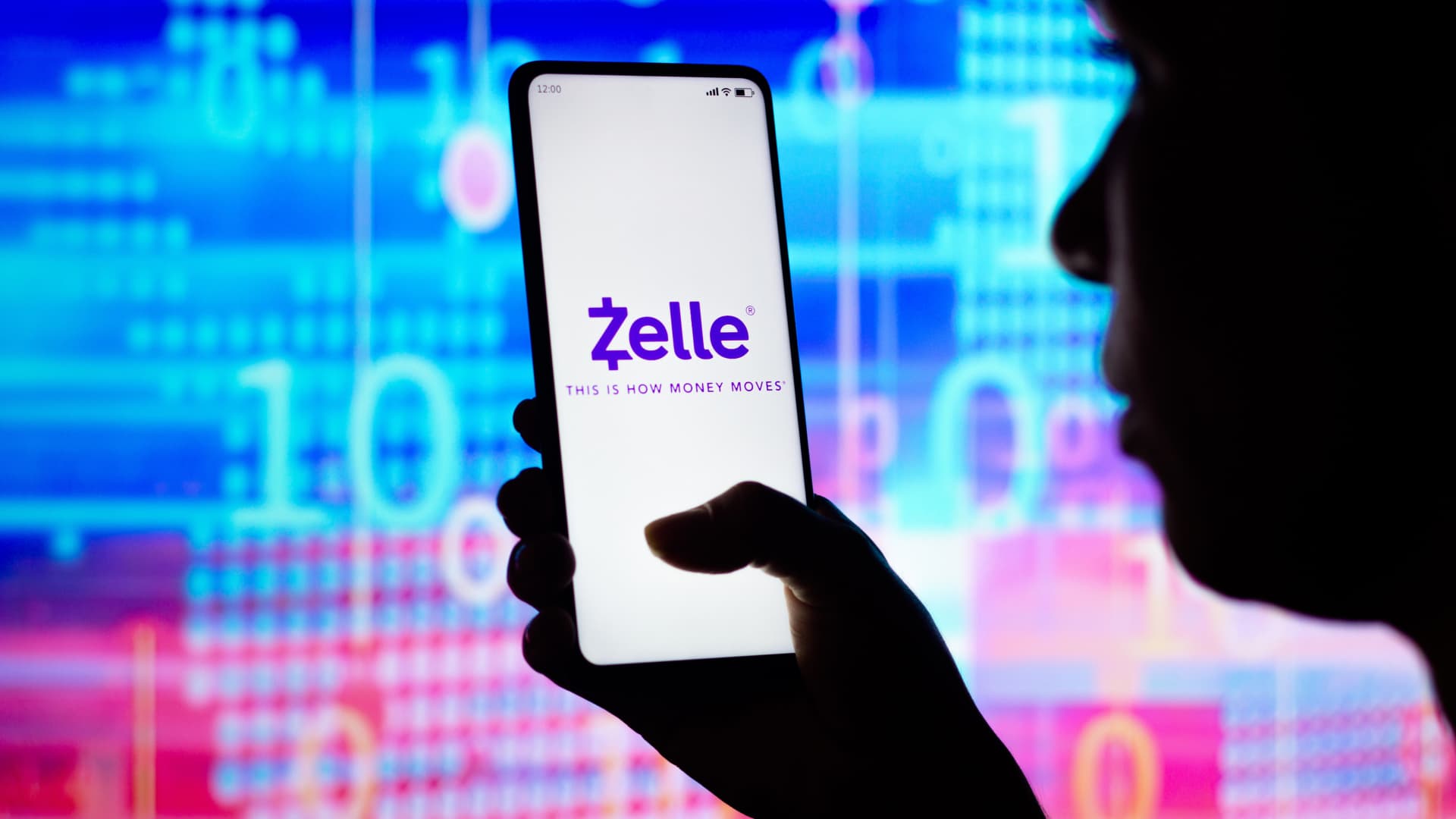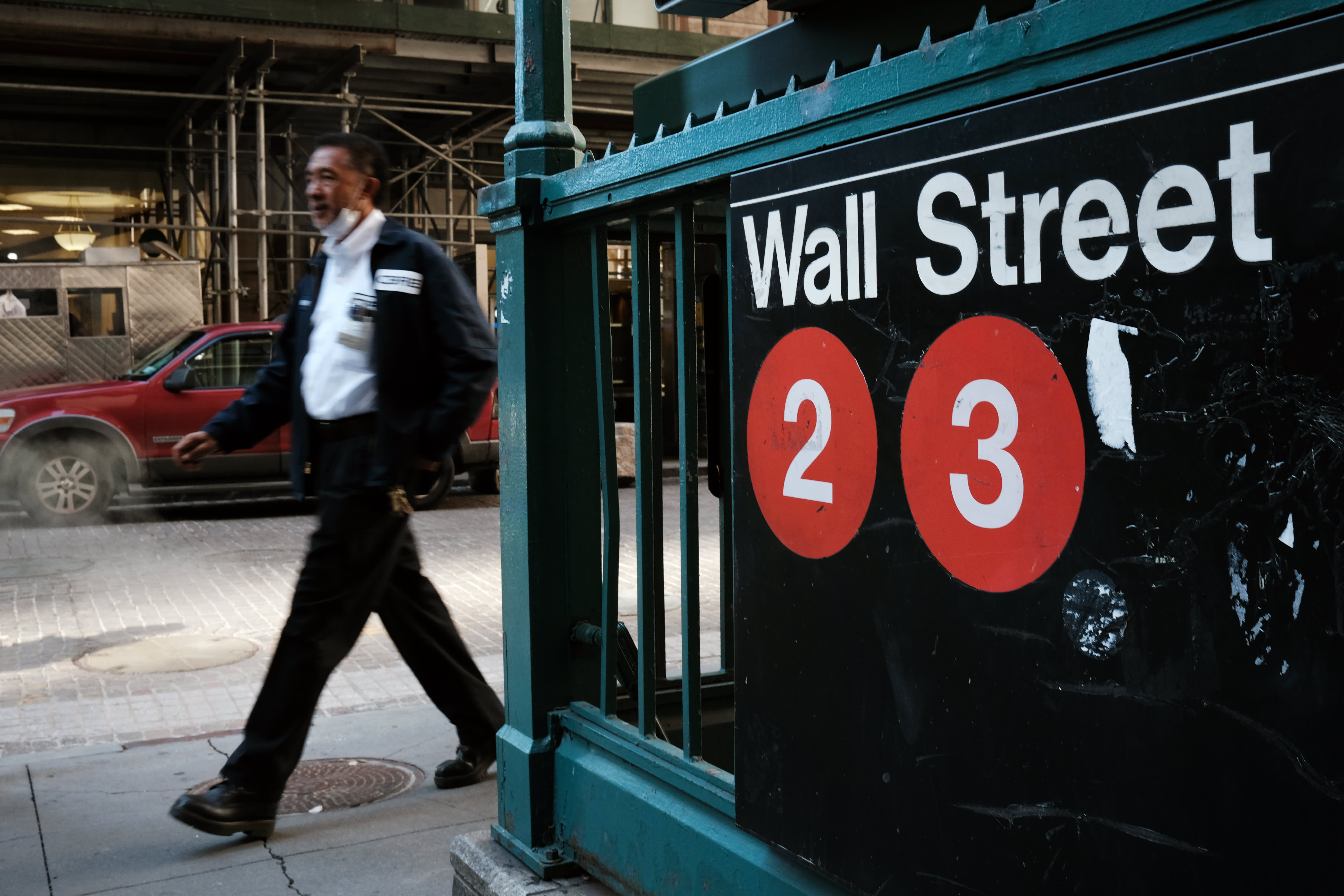
More than half of smartphone users in the U.S. are sending money via some sort of peer-to-peer payment service to send money to friends, family and businesses.
Stocks of payment services like PayPal, which owns Venmo, and Block, which owns Cash App, boomed in 2020 as more people began sending money digitally.
related investing news


Zelle, which launched in 2017, stands out from the pack in a few ways. It’s owned and operated by Early Warning Services, LLC, which is co-owned by seven of the big banks and it’s not publicly traded. The platform serves the banks beyond generating an independent revenue stream.
“Zelle is not really a revenue-generating enterprise on a stand-alone basis,” said Mike Cashman, a partner at Bain & Co. “You should think of this really as a little bit of an accommodation, but also as an engagement tool versus a revenue-generating machine.”
“If you’re already transacting with your bank and you trust your bank, then the fact that your bank offers Zelle as a means of payment is attractive to you,” said Terri Bradford, a payment specialist at the Federal Reserve Bank of Kansas City.
One limitation of PayPal, Venmo and Cash App is that users must all be using the same service. Zelle, on the other hand, appeals to users because anyone with a bank account at one of the seven participating firms can make payments.
“For banks, it’s a no-brainer to try to compete in that space,” said Jaime Toplin, senior analyst at Insider Intelligence. “Customers use their mobile-banking apps all the time, and no one wants to cede the opportunity from a space that people are already really active in to third-party competitors.”
Watch the video above to learn more about why the banks created Zelle and where the service may be headed.







